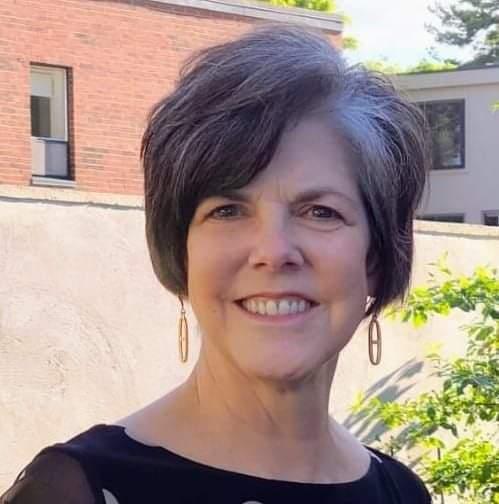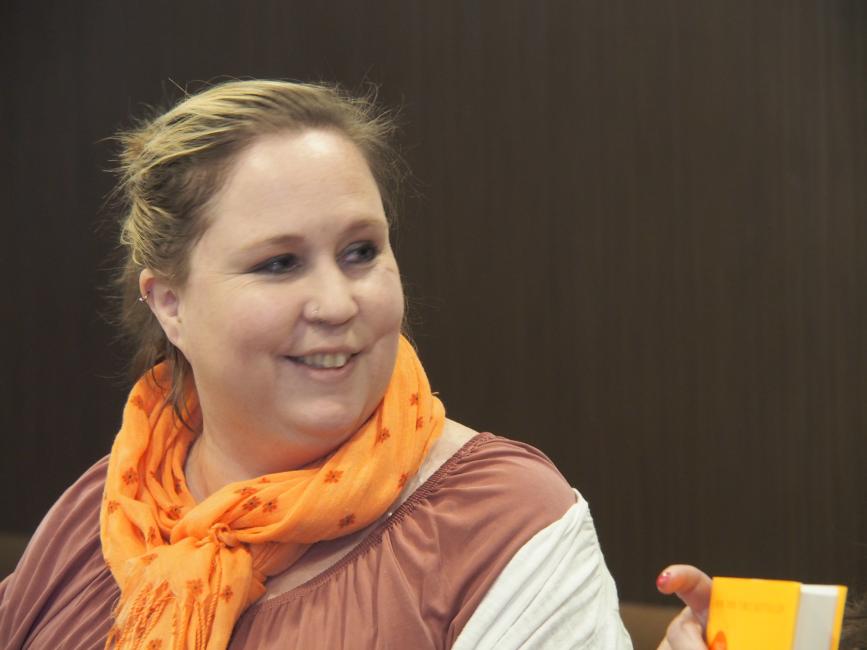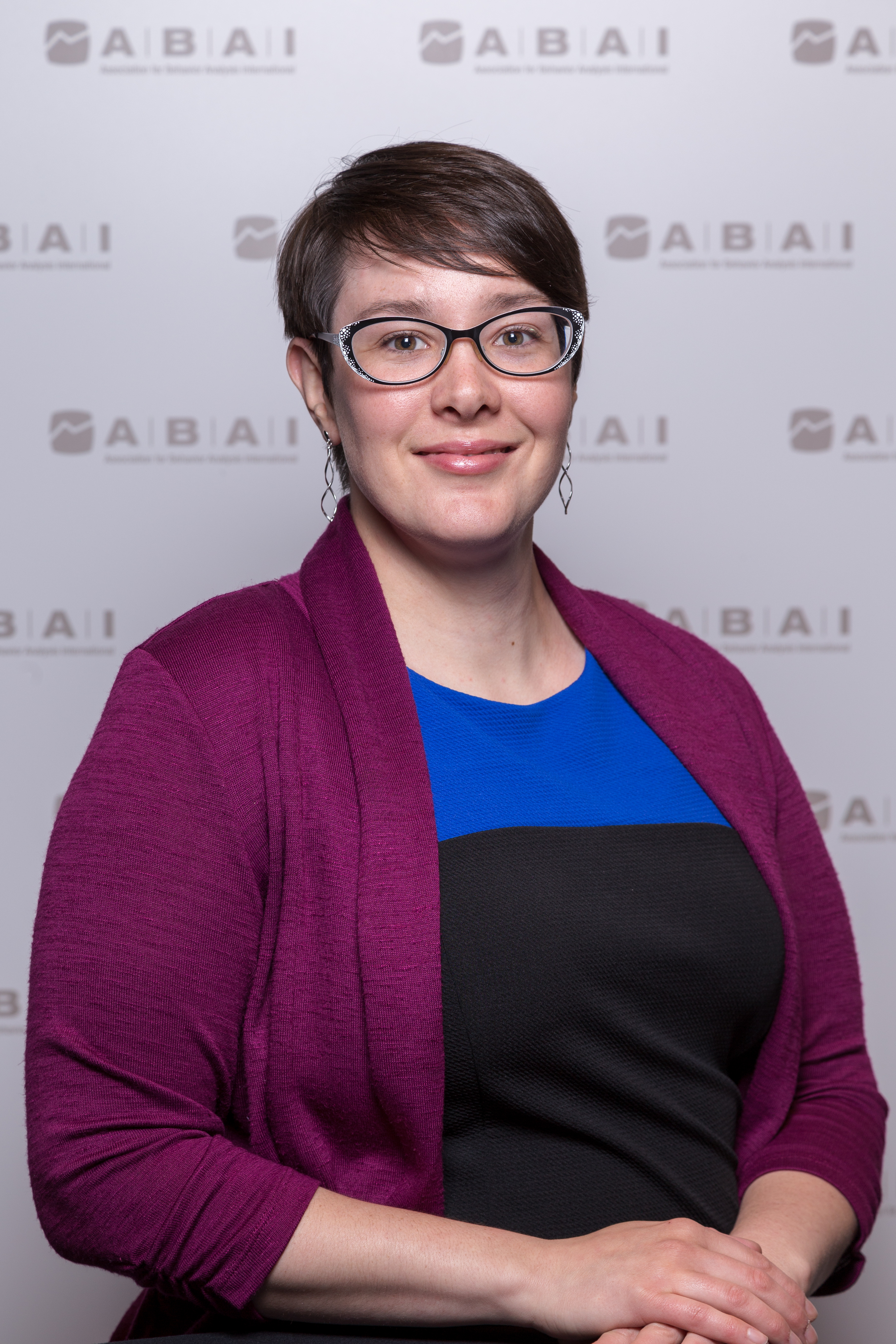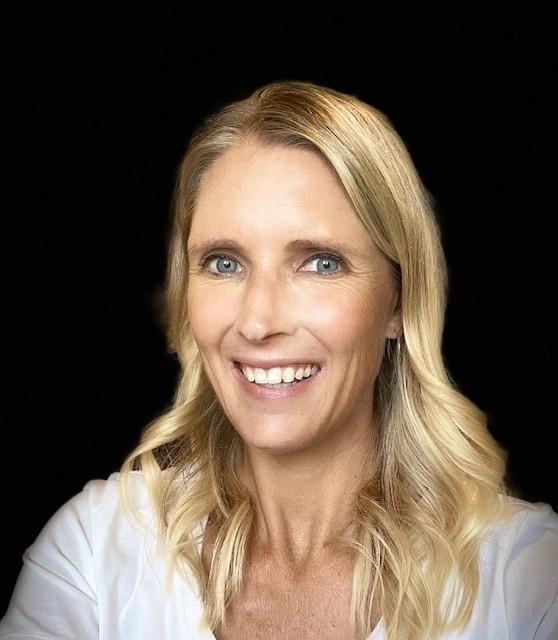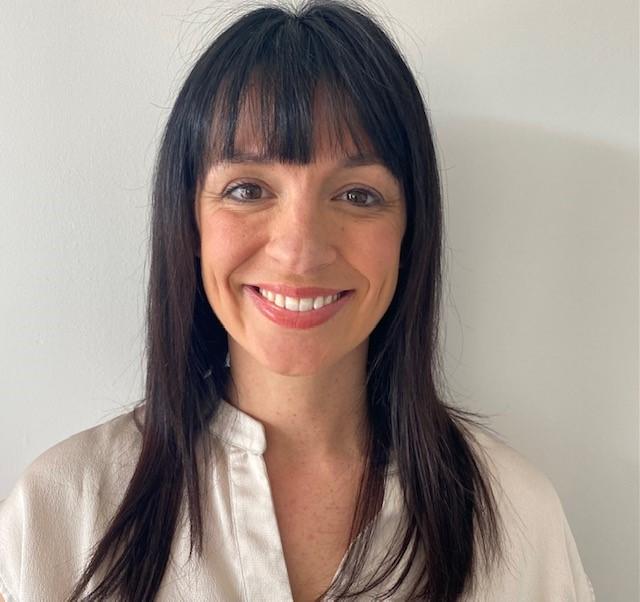The Transition to Post-secondary Studies
The education world is more and more conscious of the importance of putting in place effective and feasible strategies to help facilitate the transition to post-secondary studies for students with autism spectrum disorder (ASD). Although this transition represents a crucial step in the life of ALL students, it remains a significant challenge for students with ASD, given the range of their needs.


